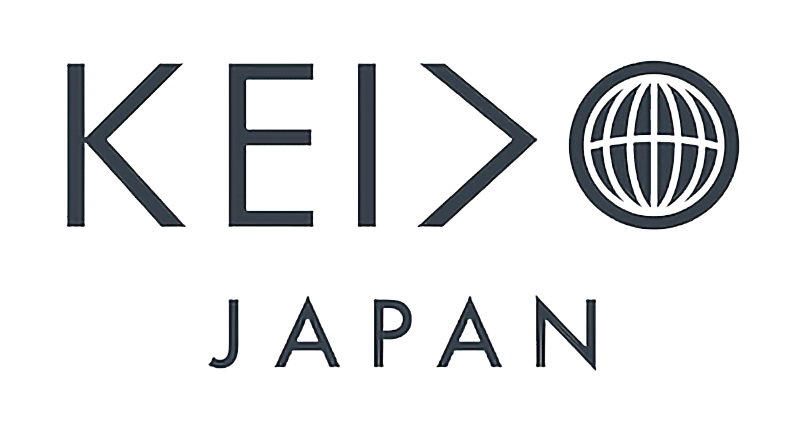The Role of Consulting Services in Tourism Strategy Development
Consulting services are indispensable in shaping robust tourism strategies, pivotal for businesses keen on excelling in an increasingly competitive landscape. Tourist destinations and hospitality businesses face various challenges, from understanding market dynamics to adjusting to the ever-evolving customer preferences. Consulting firms bring expertise in market analysis, offering deep dives into demographic trends and travel patterns that allow tourism enterprises to craft strategies underpinned by solid data.
Customer behavior insights provided by consultants also play a crucial role. By leveraging advanced analytics and data science techniques, consulting services decode complex consumer behaviors, enabling businesses to personalize experiences and engagement methods. This enhances customer satisfaction and loyalty, as tourism businesses are more equipped to meet and exceed traveler expectations.
Competitive benchmarking is another area where consulting services add substantial value. Through comprehensive evaluations of competitors’ strategies, services, and market positioning, businesses can identify gaps and opportunities within their operations. This comparative analysis supports the development of unique value propositions, thus fostering a competitive edge in distinct tourism segments.
Additionally, the optimization of resources, both financial and human, forms a cornerstone of strategic consulting in tourism. Effective resource management ensures that investments in infrastructure, marketing, and human capital yield maximum returns. Consultants aid in identifying underutilized resources and propose strategies to enhance their deployment for better profitability and efficiency.
Real-world examples highlight the tangible benefits of consulting interventions. For instance, a hospitality chain collaborating with a top-tier consulting firm discovered inefficiencies in their customer service protocols. By adopting recommended changes, they recorded a 15% increase in customer satisfaction and a commendable rise in repeat bookings. Similarly, a small tourism startup leveraged competitive insights provided by consultants to penetrate niche markets effectively, resulting in substantial growth within just one fiscal year.
Through these methodologies, consulting services facilitate the development of bespoke tourism strategies. These tailor-made approaches are not only aligned with the unique objectives of businesses but also catalyze growth, market penetration, and customer satisfaction, paving the way for sustained successes in the tourism sector.
Translation Services as a Bridge for Global Tourism Expansion
The integration of translation services stands as a critical facet for tourism businesses aiming to expand their reach to a global audience. Accuracy in translation is paramount; misinterpretations can lead to miscommunication and ultimately a loss of clientele. Culturally sensitive translations enhance communication and marketing efforts, making them relatable and appealing to international tourists.
Website localization is a prime example of translation services in action. By tailoring website content to align with the linguistic and cultural nuances of target markets, tourism businesses can ensure that their online presence resonates with diverse audiences. This includes translating not just the text, but also adapting visual elements, user interface, and even the currency to suit the preferences and expectations of different nationalities. A well-localized website fosters trust and engagement, significantly boosting the chances of converting visitors into customers.
Multilingual customer service is another crucial area where translation services are indispensable. Offering support in multiple languages demonstrates a commitment to catering to a global customer base and can greatly enhance customer satisfaction. Tourists are more likely to choose businesses that provide assistance in their native language, as it simplifies their travel experience and makes them feel more welcome.
Promotional materials, such as brochures, advertisements, and social media campaigns, also benefit from accurate and culturally attuned translations. Ensuring that marketing messages are delivered with the correct tone and context is essential in capturing the interest and loyalty of international tourists. It also helps in maintaining brand consistency across different regions.
Despite the benefits, tourism businesses often face challenges in maintaining language accuracy and cultural relevance. These include dialectal variations, idiomatic expressions, and cultural norms that differ from one country to another. However, best practices and tools such as collaborating with native translators, leveraging translation management systems, and conducting thorough market research can help overcome these hurdles.
Several tourism businesses have successfully expanded their global footprint by effectively utilizing translation services. For instance, Airbnb’s localized websites and app interfaces cater to over 60 languages, making it accessible to a vast international audience. Similarly, TripAdvisor offers reviews and support in multiple languages, catering to global travelers and helping them make informed decisions.
In essence, translation services act as a vital bridge for tourism businesses aspiring to attract and retain international tourists. Embracing accurate and culturally tuned translations across various platforms and customer touchpoints not only amplifies global reach but also significantly enhances customer experience and engagement.
